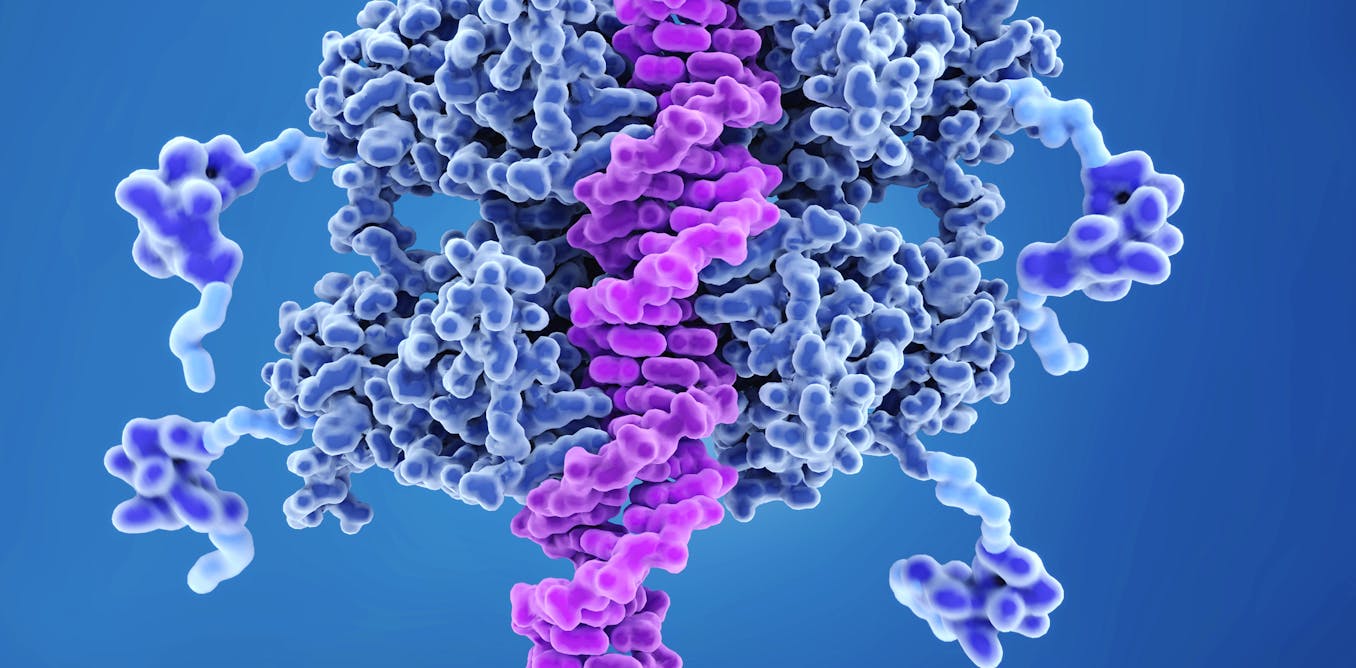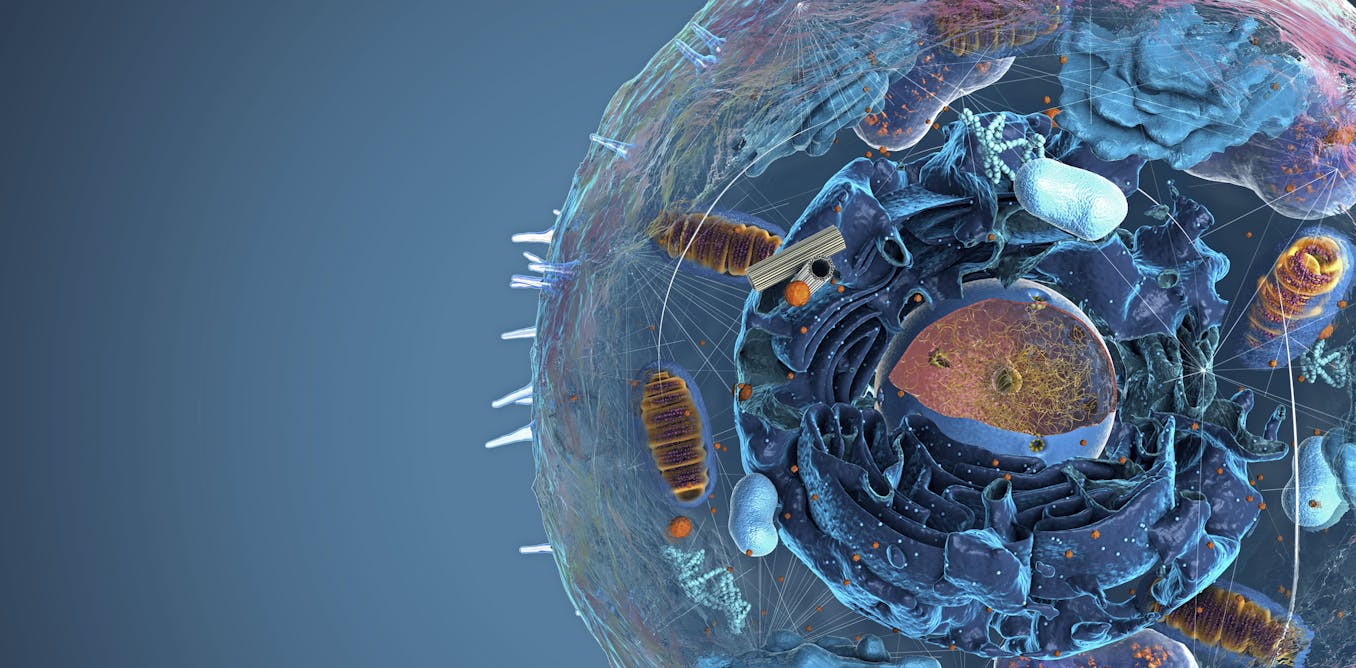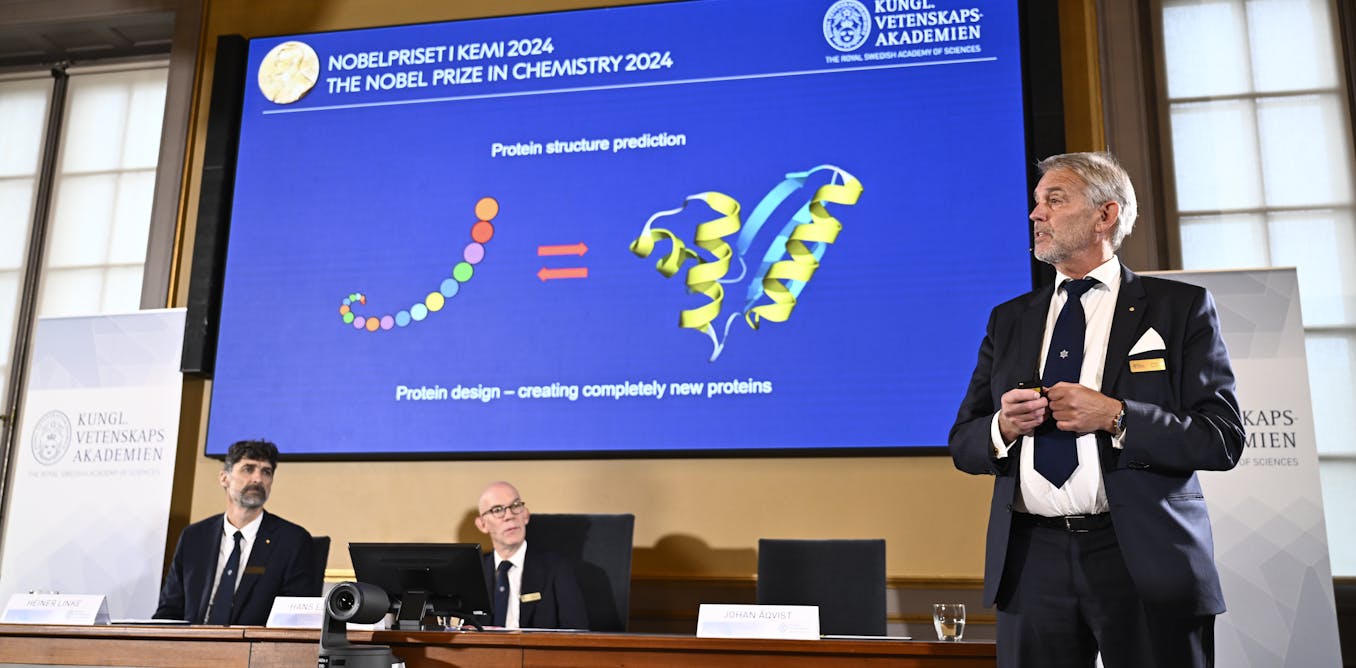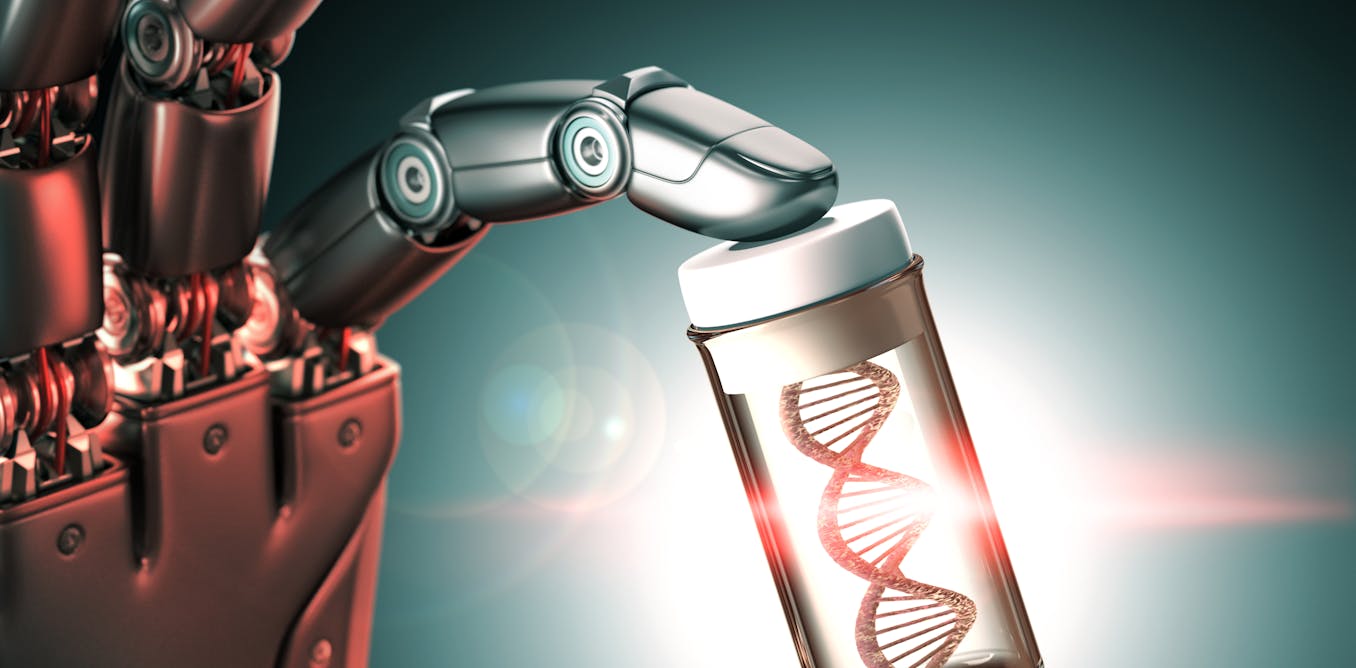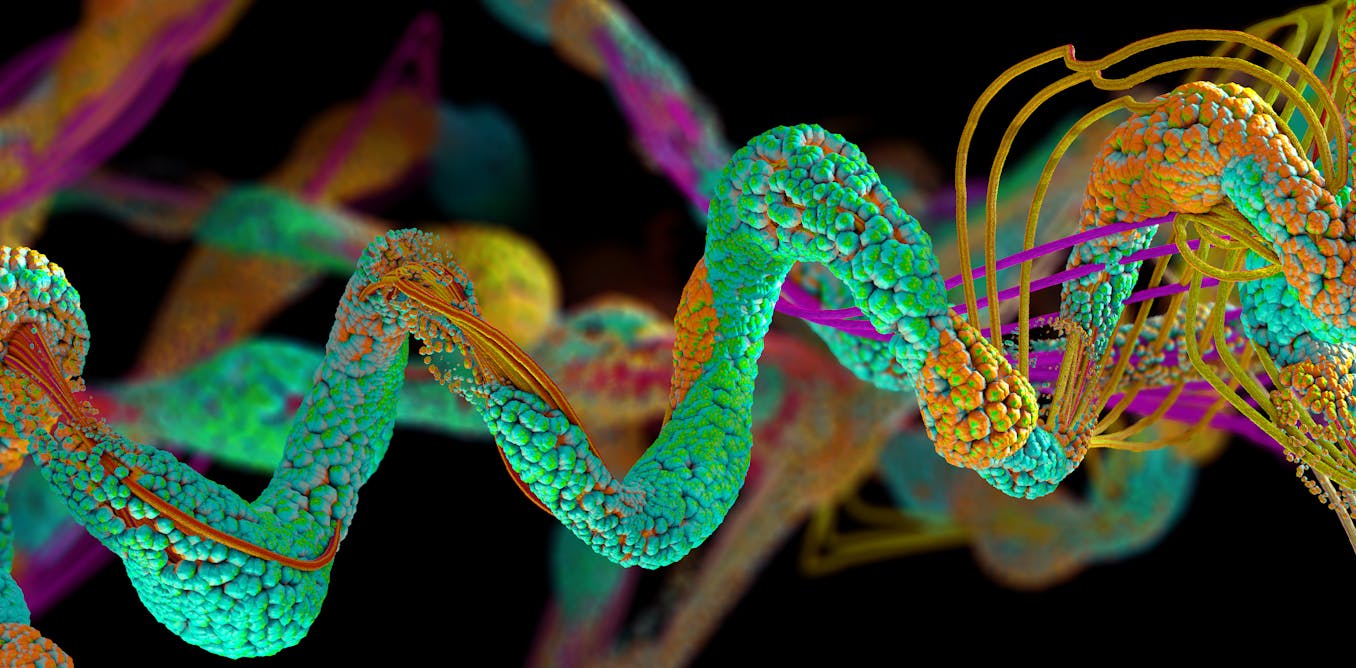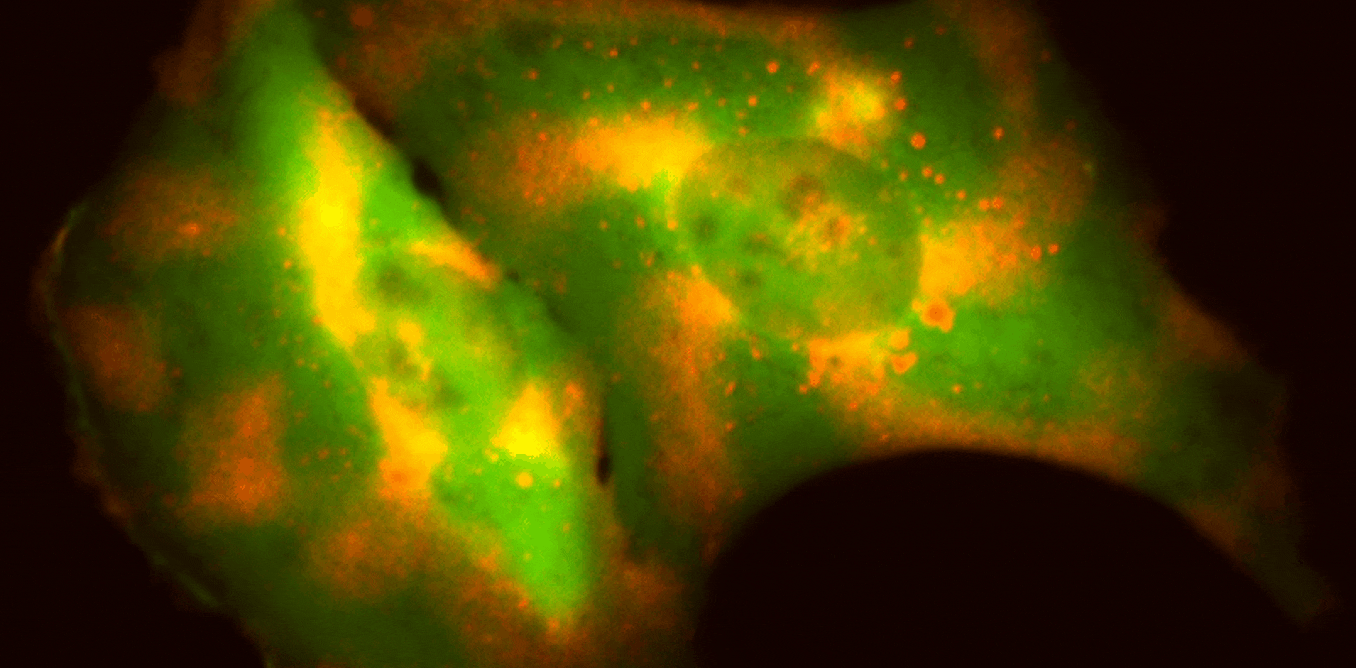‘Pac-Man with a ponytail’ proteins regulate everything from night vision to heartbeats – studying what GRKs look like could improve an array of drugs
Master switches of cell communication, G protein-coupled receptor kinases are the target of many drugs across a range of diseases.
March 7, 2025 • ~7 min


